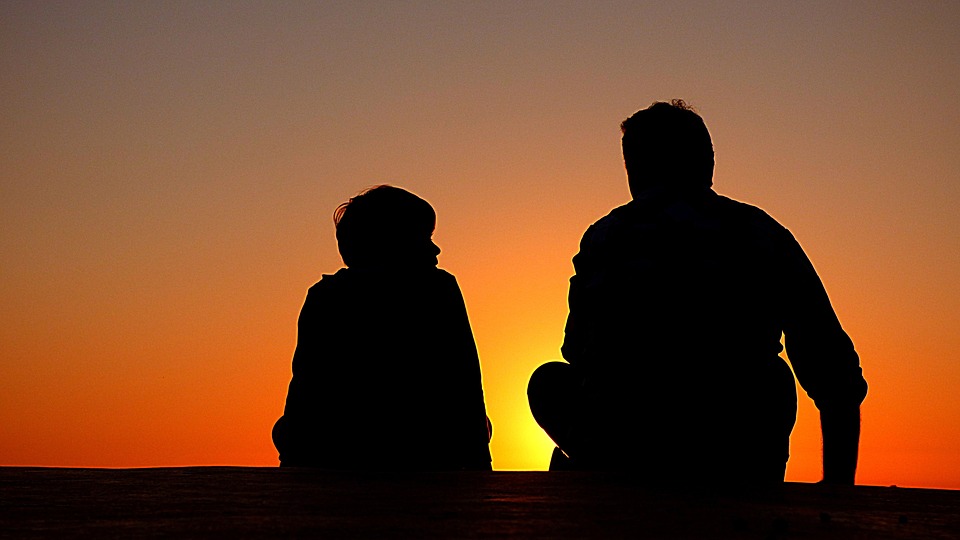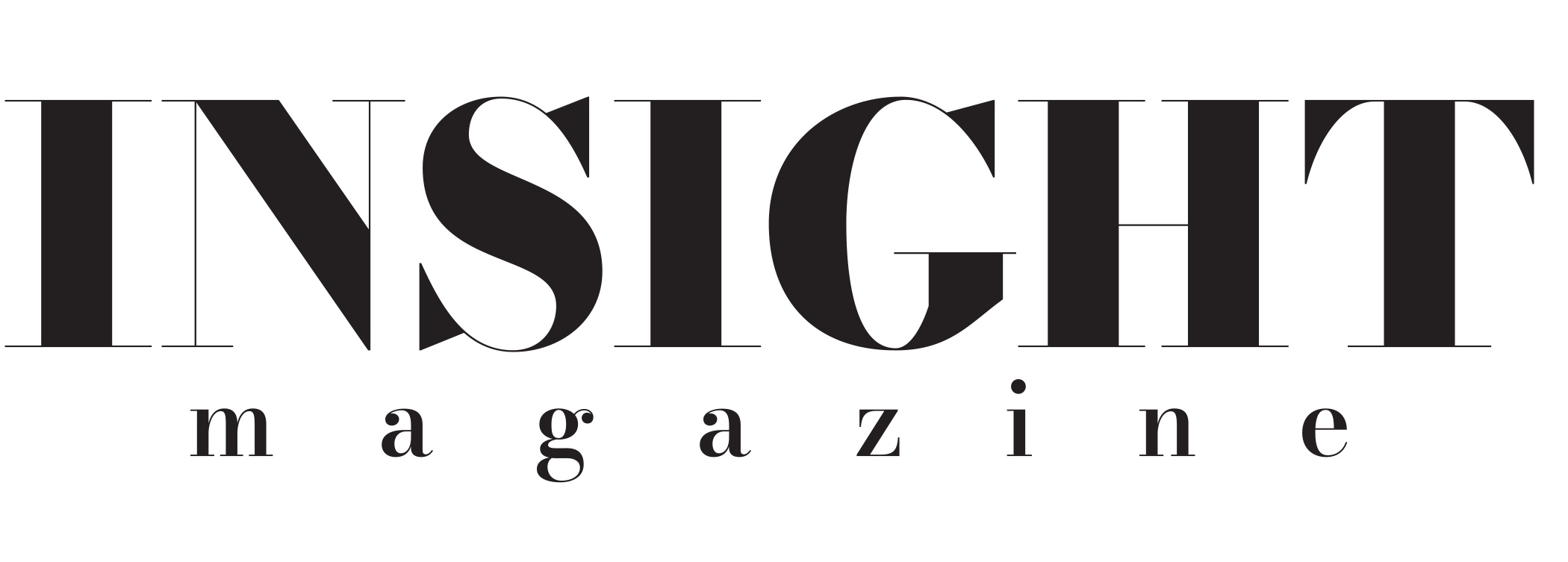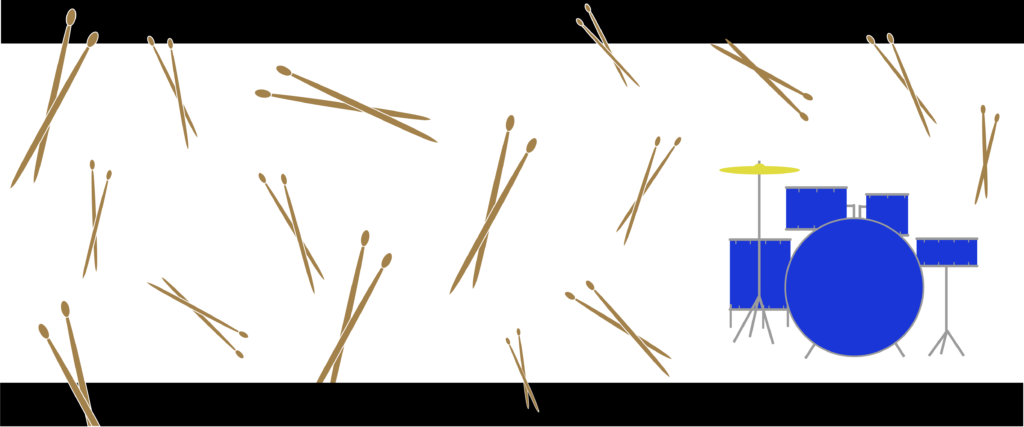

When I was 17, I became a father.
I made a difficult decision that resulted in a life-changing experience that was embarrassing and frightening, and left me disillusioned. Many such experiences stemmed from that decision, like opening a can of worms.
I was a high school student with my sights set on screenwriting, drumming, acting, and filmmaking. I hung out with friends, but I spent most of my time in my room honing myself by drumming, writing, and working out.
I found out my girlfriend was pregnant. She decided to have it. If I decided to embark on this life-long quest, my entire world would turn upside-down and inside-out. My dad tried several times to convince me to abandon all ties with her and deny everything, to protect my future and myself. My mom agreed it would be better for me. It’s strange how people are quick to judge deadbeat dads, yet when it’s their own child becoming a father, they may change their mindset.
I had grown up without a dad around, and I was not going to let my child suffer the same life. I had no mentor but my ideals. I definitely was not going to leave this child to be raised by his mother alone. I knew then that despite her claims she could do it all on her own, she was just a girl who wanted to play house.
Jack Alexander Putman was born June 11, 2005, three months premature. He weighed two pounds, fifteen ounces. His face cried but no sound came out, for his lungs had not yet fully developed.
He came home from the NICU two months later on an oxygen tank and a heart monitor. People complain so much about babies waking them up at night. What a bunch of wimps. Were you woken up by an alarm every hour signifying your child’s heart had stopped beating?
I was seventeen, working, and spending all my money on formula and diapers. When I turned 18, my mom started charging me rent. When I turned 19, I got an apartment for Jack, his mom, and me. You think being 19 is tough? I was fully supporting three people with a ten-dollar an hour job.
When I left Jack’s mother in 2008, I was a defeated man. I’ve always struggled with depression, but during this time, at my lowest, I was overcome by it. Jack’s mom took him out of state, to Oregon. I could have done something about that at any time, but I did not. I believed Jack would be better off without me in my current state, and I let him go.
His mother moved back to Nevada maybe five months later, but five months is a world of difference to a three-year-old. It seemed Jack had all but forgotten me. His mom stopped by to get money from me, of course, and Jack was with her. Seeing him again sparked my paternal fire I had laid to rest, and I knew I could never give him up again.
Jack’s mother was so irresponsible I paid her child support one, sometimes two months, in advance, in addition to gas money. I still bought Jack supplies he needed – clothes and whatnot. His mom unfortunately made many bad decisions and they snowballed until I could no longer sit by and watch. I took action.
By early 2012, Jack’s mother was living in a motel with her boyfriend and Jack. Jack told me about unsanitary living conditions. He said at times he had to use a bucket as a bathroom. When he was with me, he said things like, “I like being at your house. There’s always enough food and there’s always clean clothes.” It was heartbreaking. I knew what I had to do. I filed for sole physical and legal custody, but had to wait three months for a court date.
Then in March of 2012, something terrible yet magical happened, as if a sign from God that I was on the right path. Jack’s mom told me her boyfriend had been arrested for unpaid traffic tickets. I knew better than to trust her, so I went online and found the real charges: Sexual Assault of a Child and Lewdness with a Minor under 16.
It was not Jack, thank God. It was his mother’s teenage sister. Still, this was cause for an emergency ex parte motion for temporary sole custody, which I immediately filed and had served. My emergency motion was granted. On those courthouse steps, reading the order granting temporary sole custody, I cried a little bit, tears of hardship, pain, relief, joy, and validation.
I have always been poor, so I had to represent myself in court, for the first of what would be many occasions over the years to come. I had to prove Jack’s wellbeing and safety was at stake, and his mother an unfit parent. I printed out the criminal charges against her boyfriend. I testified to the living conditions Jack had described. I even went to Jack’s school to retrieve his school records – this was a juicy detail.
Jack’s school had no idea I was his father. His mom had not put my name or information on a single form, but had instead written in the name of her sex offender boyfriend as Jack’s father. What was perhaps more offensive was Jack had missed more than half the school year. She had started him months late into the school year, and frequently kept him home insisting he was sick. Jack would have to repeat the first grade, at no fault of his own, but by the intentional failure of his mother.
I was granted primary physical custody with joint legal custody, and now his mom would have to pay me child support. This was a huge victory, but the war was far from over.
I rearranged my entire life to accommodate full-time parenting. I was ruthless in my restructuring. I told my work I could no longer work random hours of random days. I would need a set schedule with set hours and set days off – I would need a regular schedule of 8 a.m. to 5 p.m. to accommodate childcare hours.
Walmart of course told me they could not promise any such thing, that I would receive almost no work hours and become so poor I would not be able to support myself. I called their bluff and told them so be it. I was one of their most valuable, knowledgeable, and experienced employees. It would be foolish of them to not have me on the clock as much as possible. I was given a full 40-hour regular work-hours schedule.
Childcare was set up. My work schedule was accommodated. I bought Jack all the clothes and supplies he was missing and needed. I set him up at the school by my residence. I had risen to the challenge, assumed greater responsibility, and as a result we were both thriving. Jack was safe and well cared-for, and remains as such to this day.
I fought many court battles for years to keep my son safe and healthy. I’ve had primary physical custody for six years. Jack’s mom owes tens of thousands of dollars in back child support. No one knows her current whereabouts. The government has been unable to locate her. I was finally granted sole legal and physical custody in 2015. Jack’s mom has been completely out of the picture for three years or so now. Both he and I are far better off without her involvement in either of our lives.
Almost four years ago I quit working full-time to invest in an easier future for us by enrolling in college full-time. I go to school while Jack is in school. I work random part-time jobs when I am able to, and summer jobs when I can actually get hired somewhere. We go to school, we get home, I make dinner, I clean, I do all the things traditionally considered “women’s work.” I’m not just a dad; I also hold the role of a mom. I’m a very affectionate and nourishing caregiver, and I enjoy that role; however, there is a strange stigma attached to male caregivers.
Many people, but mostly men, look down on me as a full-time single parent. Some talk down to or insult me. It is not traditionally viewed as masculine to “mother” children, or to cook and clean or even to parent so actively. People are understanding and supportive when single mothers pursue higher education, but when it comes to single fathers, it is unthinkable for a man to do anything other than work full-time.
There are two people I grew up calling Dad even though neither were active parents or even completely present in my life. Both my dads often show disappointment that I am somehow unable to parent and support a person entirely by myself, while going to college full-time, while also working full-time. There are literally not enough hours in the day to do all of those things all the time, and men often disagree with my priorities. How manly is it to do laundry and cut your son’s hair? How can you be a man if you’re not lugging boxes in a warehouse fifty hours a week?
I am met with prejudice by other than those who are acquainted with me. It is not uncommon for Jack and I to be at the checkout line in some store, and the cashier says something like, “Giving Mom a break, huh?” People make poor, sexist assumptions based on the poor, sexist examples set by men of previous generations.
Most women do not want to date a guy with a child half their age. It is a sad, lonely life, met with weird expectations. Some people think I should only date other single parents. Others, even some of my closest friends, are of the opinion I should be looking for a mother for Jack instead of a romantic partner for myself. One girl I dated broke it off before things even started because she “didn’t want to be a home-wrecker.” What home?! There hasn’t been anything to wreck for years!
There is nothing quite so frustrating as when people assume that Jack’s mom somehow holds some special place in my heart simply because he shares her DNA. I haven’t felt any affection for her for a decade, and in retrospect she has no redeeming qualities. She is quite honestly the worst person I have ever met. I am very happy she is not in my life or Jack’s. Some people say, “But she’s the mother of your child!” No, she’s not. I am.
I have seven classes left for my bachelor’s degree in journalism, so I will earn my degree before Jack starts high school. After that I aim to write articles and make videos for a pop culture magazine, but I would also like to pursue a master’s degree in behavioral or criminal psychology and work as a profiler for the FBI, either as a special agent or just a consultant.
Jack is the happiest person I have ever met. He is completely brilliant and one of the funniest people alive! He is also crazy creative! He sculpts these claymation figures that are so detailed, it would be impressive if an adult made them. He plays the cello and is constantly soaking up information on the universe from YouTube videos. I’m full of pride for the person he is and I can’t wait to see the final product.
The decision to bring another life into this world was made for me. Mine was the decision to take responsibility for that life. I’m just a guy doing my best to make sure the person I brought into this world is the best and happiest person he can be. It is difficult. It is frustrating at times. It is an all-consuming duty that supersedes everything else in my life. This life has been hard, and I am tired. I am exhausted. I am happy I stepped up to the plate, but I would not want to endure it all over again. I will continue to shoulder this responsibility alone for as long as I live. My son is worth it, and he deserves all the love in the world.




